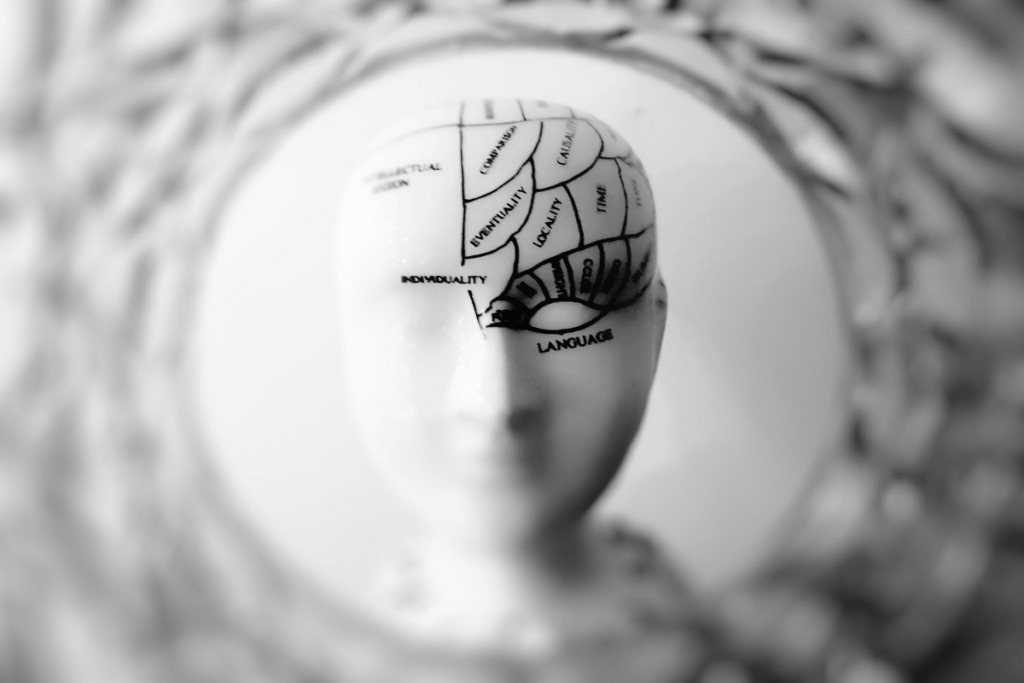
Written by Connie Rogers is a Certified Coach & Published Author.
My passion as a certified brain health coach has been to teach people how to love their brain.
The brain is the most important organ in our body. Our brain controls every thought and action we have. This includes sleep, digestion, memories, speech, movement, and more. But most importantly, our immune system is also in our brain. "According to a Journal in the American Physiological Society, it has taken a long time for immunologists to accept the concept that the immune system is not self-regulated but functions in close association with the nervous system." To put this in perspective, "the Central Nervous System and the immune system share many common characteristics."
Additionally, 80% of our immune system is found in our gut microbiome. Our gut and brain work in tandem, each influencing the other. "The brain directly communicates with the stomach and intestines (which is what we call the gastrointestinal system) through the vagus nerve."
The good news is, we can rebuild our brain with the foods we put in our gut. We can change its function and structure throughout our entire life.
Metabolism is all about energy, the energy of our cells, and the energy of our food. Food brings information to every cell in the body and mind so we can thrive. However, there's another side to a healthy metabolism, brain, and immune system. That side is a diet of emotions.
Toxic emotions can compromise brain health & immunity.
1- Toxic relationships are the heaviest thing we carry around in our life. A toxic relationship can increase stress and depression and even increase our risk of heart disease.
I found an excellent quote by Dr. Hardik Joshi. "Depression is like a powerful form of mental black magic!”
Depression, an inflammatory process, increases our risk for free-radical formation and addictive behaviors.” Over time, a depressed brain can significantly show signs of a compromised immune system, dementia, and Alzheimer's Disease.
Unfortunately, over the last six months and all across the globe, we’ve been fed a diet of media fearmongering. Sadly, depression and fear may escalate to a life of chronic anxiety and stress, and stress kills brain cells.
2- If we suffer from poor self-esteem or body image issues we may find it hard to socialize when experiencing self-hate, anger, and frustration. Recently, I’ve seen morals change leaving some feeling extreme bouts of loneliness. Suicide rates can increase if we don’t pay attention to these warning signs.
3- We live in a world that suggests several pills for every emotion. Remember Mother's little helper? Dependency on pills lowers our frequency and energy, where hopelessness can take hold. The end result is denied delivery of proper communication between all cellular activities.
8 Ways you can love your brain.
1- Get up and move. Moving is living! Regular exercise helps the brain function by stimulating new brain cells, the process known as neurogenesis. The opposite way of thinking is, the slower we move, the faster we'll die.
Move your body, and then your mind will get the message! Find that little bit of joy and change your thinking, so you can change your emotional life and love your brain. Why is this important? Depression is linked to obesity and premature aging. If you need help to break the cycle of depression, ask.
2- Realize only YOU have the ability to make empowered decisions about relationships, thoughts, and behavior you allow into your life. Throw out toxic relationships. Stimulate and Meditate. Just as physical activity keeps our body robust, mental activity keeps our mind sharp. The more we improve our thoughts, the better our brain functions. If we continue to learn and challenge ourselves, the brain continues to grow. Meditation has been shown to help change negative patterns of thinking into positive patterns.
3- Optimize your gut for brain and thyroid health. Our thyroid gland is considered the battery of our entire body. Healthy thyroid function is vital for the metabolism of every cell in the body, including the brain. A toxic thyroid can affect learning in children. You can start by removing heavy metal toxicity, fluoride in bottled juices and toothpaste, and gluten-related products.
4- You can help to reduce allergies in your home by reducing chemical exposures. Using smelly laundry detergents and cleaning products go directly to our brain via loss of smell. You can begin by choosing chemical-free cleaning and laundry products for brain health.
5- Listen to relaxing music. Make it a habit to unwind with music. There’s always going to be bad news on TV. Bad News sells! But you can choose not to listen.
6- Rejuvenate your brain with a good nights sleep. Memory decline worsens from a lack of sleep. Seven to eight hours of sleep every night rejuvenates the brain, and helps to release toxins and stress. Sleep is critical to building resilience and preventing disease.
7- Play outdoors and stay hydrated.As a child, I use to make mud pies in hopes my mother would see I was a great cook! No, I'm not asking you to eat mud pies, but I am suggesting children and adults play outdoors as often as possible. “Outdoor fun reprograms our brain and helps build creativity.”
8- As you change your mind, your appetite changes. You may not need to binge on sugary products or alcohol any longer when you develop new habits for loving your brain.
footnotes:
- 1- https://pubmed.ncbi.nlm.nih.gov/29351513/
- 2- https://www.ncbi.nlm.nih.gov/pmc/articles/PMC6735264/
- 3- www.askdrheimlich.com/blog/low-thyroid-symptoms-hashimoto-thyroiditis-brain-and-gastrointestinal-connection/
- 4- https://www.naturalnewsblogs.com/sick-toxic/
- 5- https://www.ncbi.nlm.nih.gov/pmc/articles/PMC5997778/
- 6-https://www.pnas.org/content/109/Supplement_2/17180.full
- 7- www.emedexpert.com/tips/brain.shtml
- 8- https://www.ncbi.nlm.nih.gov/pubmed/15563910
- 9- https://www.the-scientist.com/features/this-is-your-brain-on-exercise-64934



